
Unleashing Manufacturing 4.0: The Critical Role of Digital Supply Chain
In the age of Industry 4.0,

Innovation has always been at the heart of progress, and nowhere is this more evident than in the realm of raw material procurement. In today’s rapidly evolving landscape, businesses are continuously seeking new technologies and approaches to streamline their supply chains, enhance efficiency, and reduce costs. From advanced analytics to blockchain and beyond, a myriad of innovations are reshaping the way raw materials are sourced, acquired, and utilized. Let’s delve into some of the groundbreaking technologies and approaches that are driving this transformation.

One of the most significant advancements in raw material procurement is the utilization of advanced analytics and big data. By harnessing the power of data analytics, businesses can gain valuable insights into demand patterns, market trends, and supplier performance. Predictive analytics algorithms can forecast future demand, enabling companies to optimize inventory levels and procurement strategies. Moreover, real-time data analytics allow for agile decision-making, facilitating rapid response to market fluctuations and disruptions.
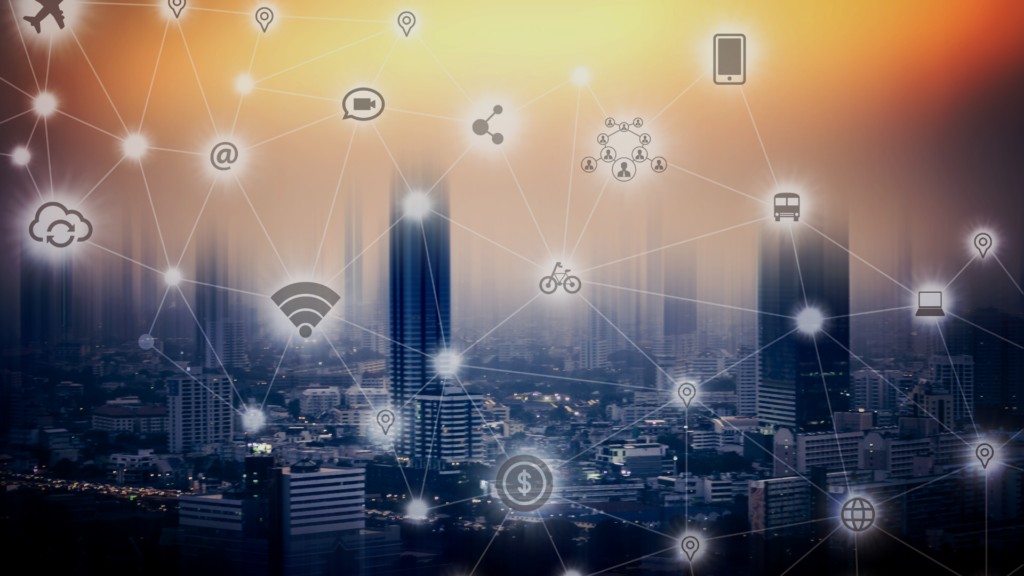
The Internet of Things (IoT) is revolutionizing supply chain management by enabling real-time tracking and monitoring of raw materials throughout the procurement process. IoT devices and sensors embedded in equipment, containers, and products provide visibility into key metrics such as temperature, humidity, location, and quality. This data enables proactive maintenance, ensures compliance with regulatory requirements, and minimizes the risk of spoilage or damage during transportation and storage.
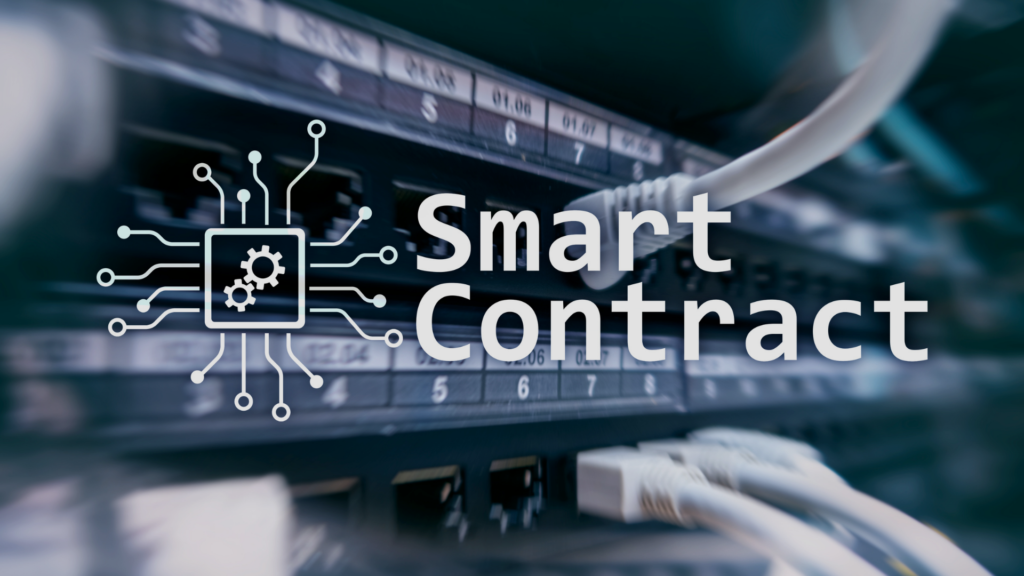
Blockchain technology holds immense promise for enhancing transparency, traceability, and trust in raw material procurement. By creating an immutable and decentralized ledger of transactions, blockchain enables secure and tamper-proof recording of every stage in the supply chain, from sourcing to delivery. Smart contracts embedded within blockchain platforms automate payment processes, streamline contract management, and mitigate disputes between buyers and suppliers. Additionally, blockchain facilitates ethical sourcing by providing verifiable proof of origin and adherence to sustainability standards.
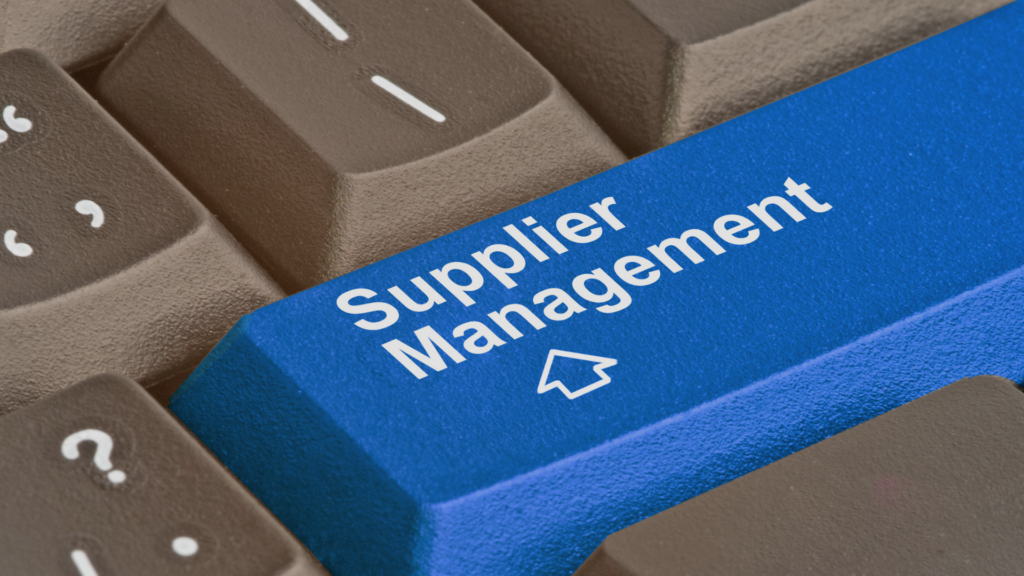
Collaboration is key to optimizing raw material procurement processes, and supplier collaboration platforms are facilitating seamless communication and collaboration between buyers and suppliers. These cloud-based platforms centralize procurement activities, streamline supplier onboarding, and enable real-time collaboration on sourcing, pricing, and inventory management. By fostering closer relationships and greater transparency, supplier collaboration platforms drive operational efficiency, reduce lead times, and improve overall supply chain resilience.
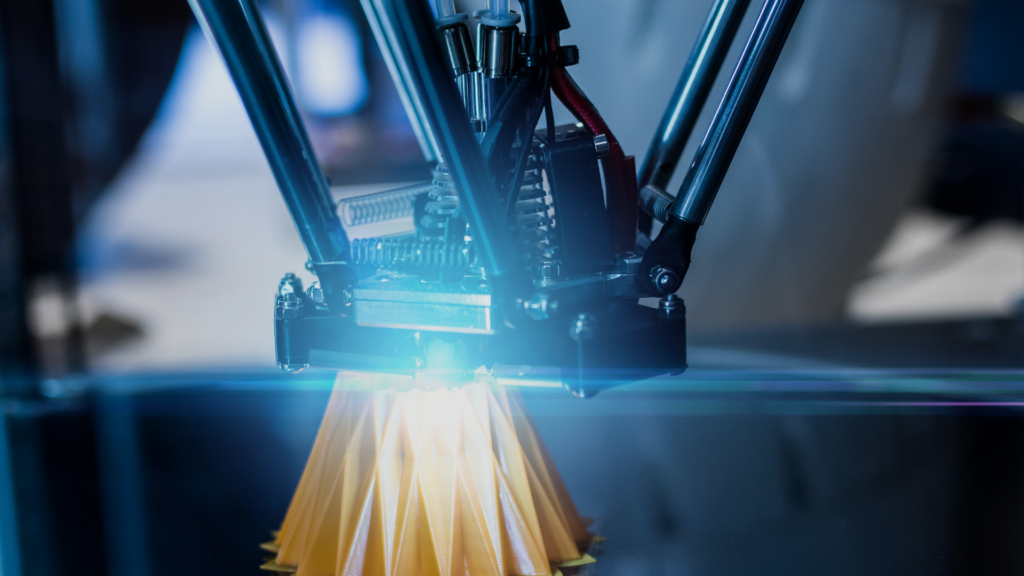
The advent of 3D printing and additive manufacturing technologies is disrupting traditional supply chains by enabling decentralized production and customization of raw materials and components. With 3D printing, manufacturers can bypass traditional procurement channels and produce parts on-demand, reducing inventory holding costs and lead times. Moreover, additive manufacturing allows for the use of alternative materials and recycling of waste materials, promoting sustainability and resource efficiency in the procurement process.
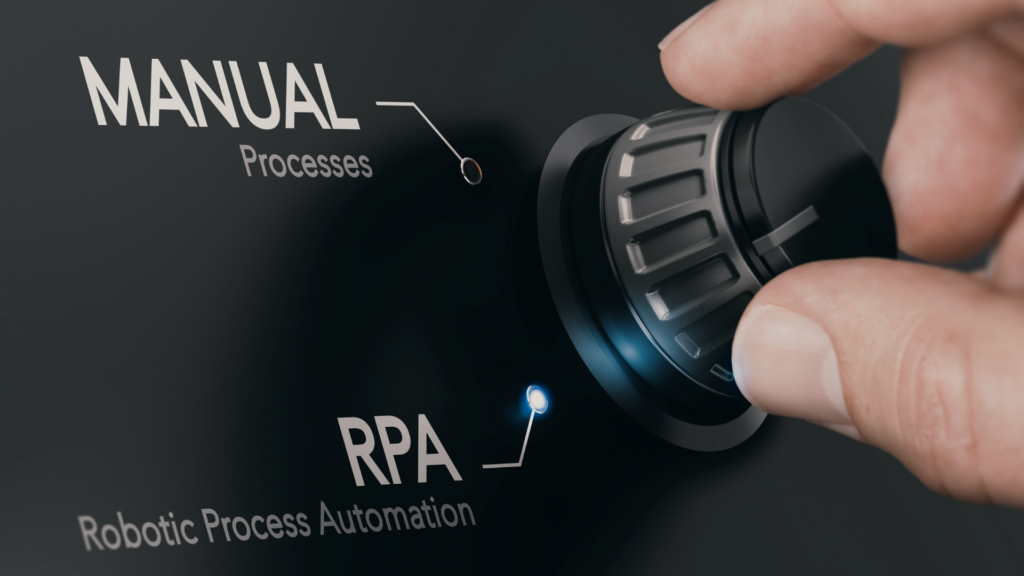
Robotic Process Automation (RPA) is automating repetitive and labor-intensive tasks in raw material procurement, freeing up human resources for more strategic activities. RPA software bots can perform a wide range of procurement activities, including supplier data management, invoice processing, and contract compliance monitoring, with greater accuracy and efficiency than manual methods. By automating routine tasks, RPA accelerates procurement cycles, reduces errors, and lowers operational costs.
Conclusion Innovation in raw material procurement is reshaping the dynamics of the supply chain, driving efficiency, agility, and sustainability across industries. From advanced analytics and IoT to blockchain and additive manufacturing, a plethora of technologies and approaches are transforming traditional procurement processes and paving the way for a more resilient and responsive supply chain ecosystem. As businesses continue to embrace innovation, the future of raw material procurement promises to be characterized by greater transparency, collaboration, and value creation for all stakeholders involved.

In the age of Industry 4.0,

In an era defined by rapid
